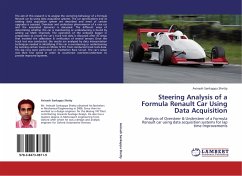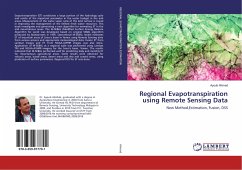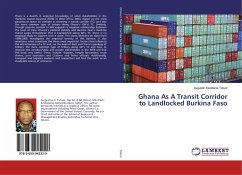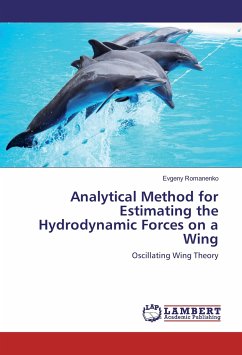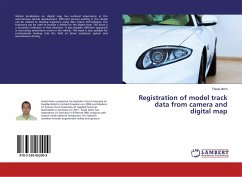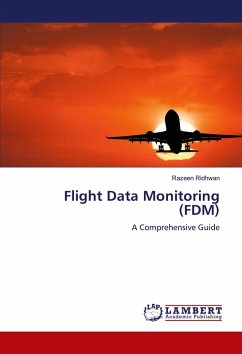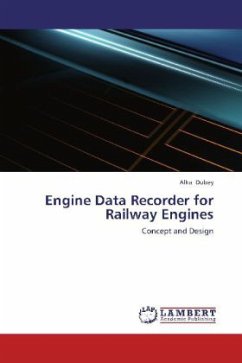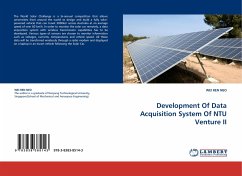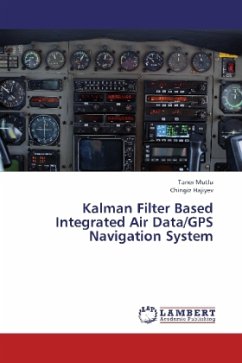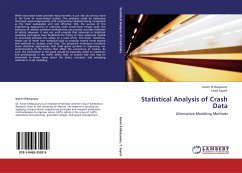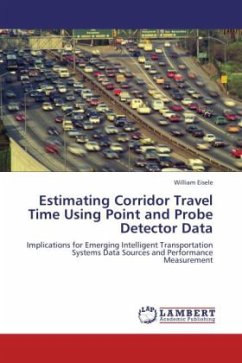
Estimating Corridor Travel Time Using Point and Probe Detector Data
Implications for Emerging Intelligent Transportation Systems Data Sources and Performance Measurement
Versandkostenfrei!
Versandfertig in 6-10 Tagen
52,99 €
inkl. MwSt.

PAYBACK Punkte
26 °P sammeln!
Accurate estimation of travel time is increasingly important for transportation system operators. Travel times are estimated indirectly by using instantaneous speeds from point detectors (e.g., inductance loops, radar), and making a number of assumptions. Travel times also may be obtained from probe data obtained from automatic vehicle identification (AVI) systems (e.g., toll tags), global positioning systems (GPS), and cell phones. In this book, Dr. Eisele examines various methods of estimating corridor travel time mean and variance using link travel times derived from point and/or probe data...
Accurate estimation of travel time is increasingly important for transportation system operators. Travel times are estimated indirectly by using instantaneous speeds from point detectors (e.g., inductance loops, radar), and making a number of assumptions. Travel times also may be obtained from probe data obtained from automatic vehicle identification (AVI) systems (e.g., toll tags), global positioning systems (GPS), and cell phones. In this book, Dr. Eisele examines various methods of estimating corridor travel time mean and variance using link travel times derived from point and/or probe data. In addition, the covariance in travel time between links is also directly accounted for in the methodology. The end result is that the user may quantitatively assess the accuracy of the estimated corridor travel times. The book will be useful to operators of Intelligent Transportation Systems (ITS) who are interested in obtaining real-time estimates of corridor travel time. It will also beuseful to off-line users of ITS data, such as transportation planners, who are interested in measuring the performance of the system. Dr. Laurence R. Rilett, Director, Nebraska Transportation Center



